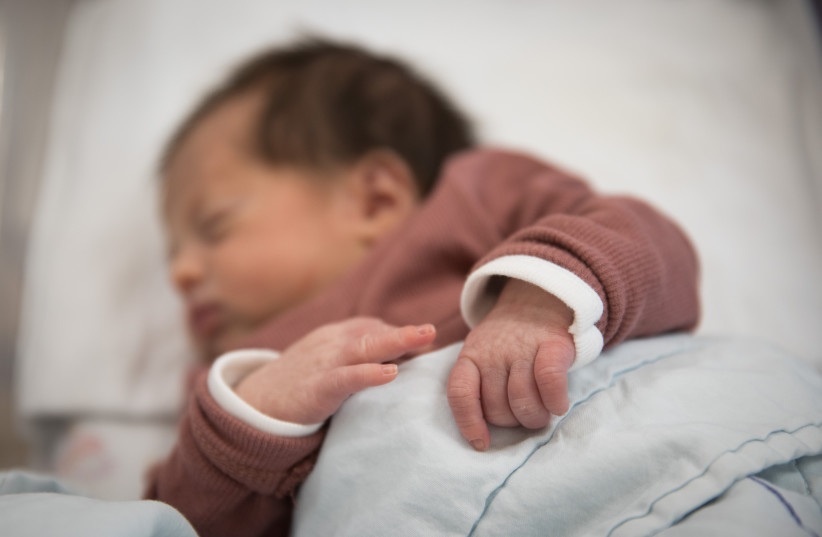Mozart lullaby reduces pain for newborns during minor procedures – study
There have been many unverified claims that if parents play music by Mozart for their babies, they will be smarter. However, researchers in New York, have now proven that a Mozart lullaby can relieve pain in infants soon after their birth in the hospital while they undergo heel-prick blood tests.
The tests are used to detect newborn jaundice (when the baby’s skin and the white parts of his eyes look yellow, caused by the build-up of a substance in the blood called bilirubin); and phenylketonuria (PKU), a rare, inherited disorder that causes an amino acid to build up in the body and resultant brain damage requires following a special diet for life.
Until now, music for neonatal pain has not been exclusively studied in term neonates in a well-designed trial compared to the standard of care. This randomized, blinded clinical study involving 100 infants, just published in the journal Pediatric Research was led by neonatologist Dr. Saminathan Anbalagan of the Lincoln Medical & Mental Health Center in the Bronx. It was entitled “Music for pain relief of minor procedures in term neonates.”
He and colleagues measured the pain levels of newborn infants undergoing a heel prick blood test as part of routine screening for the conditions between April 2019 and February 2020. The neonates were, on average, two days old and born at 39 gestational weeks, while 53% were male and 61% were Hispanic.
As part of standard care, all infants were given 0.5 milliliters of sugar solution two minutes before the heel prick was performed. An investigator wearing noise-canceling headphones assessed the infants’ pain levels prior to, during, and after the heel prick. Pain levels were determined according to the infants’ facial expressions, degree of crying, breathing patterns, limb movements, and levels of alertness.
 A newborn baby at the Sha’arei Tzedek Hospital in Jerusalem, on October 29, 2018. (credit: HADAS PARUSH/FLASH90)
A newborn baby at the Sha’arei Tzedek Hospital in Jerusalem, on October 29, 2018. (credit: HADAS PARUSH/FLASH90)How did researchers prevent other sensory input?
A total of 54 of the infants listened to an instrumental Mozart lullaby –“Deep Sleep” from Bedtime Mozart – for 20 minutes before and during the heel prick and for five minutes afterward, while the remaining infants did not listen to any music. The authors accounted for the potential influence of other sensory inputs on pain levels by consistently performing the procedure in a quiet, dimly lit room at an ambient temperature and by not providing infants with pacifiers or physical comfort.
The authors observed similar pain levels in both groups of infants prior to the heel prick, with both groups having median pain scores of zero, out of a maximum possible score of seven. However, the median pain score of infants who listened to the lullaby was significantly lower during and immediately after the heel prick, compared to those who did not listen to music.
The pain scores of infants who listened to the lullaby were four during the heel prick, zero at one minute after the procedure, and zero at two minutes after the heel prick, while the pain scores of those who did not listen to the lullaby were seven, 5.5 and two respectively. The authors did not observe significant differences in the median pain scores of infants in both groups three minutes after the procedure.
The findings suggest that recorded music is an effective method of pain relief in newborn infants undergoing minor procedures and can be widely used even in nurseries with few resources.
The authors suggest that future research could investigate whether recordings of parental voices can also reduce pain in newborns during minor procedures, as well as explore the influence of physical comfort from caregivers, in addition to music, on pain levels.





Comments are closed.